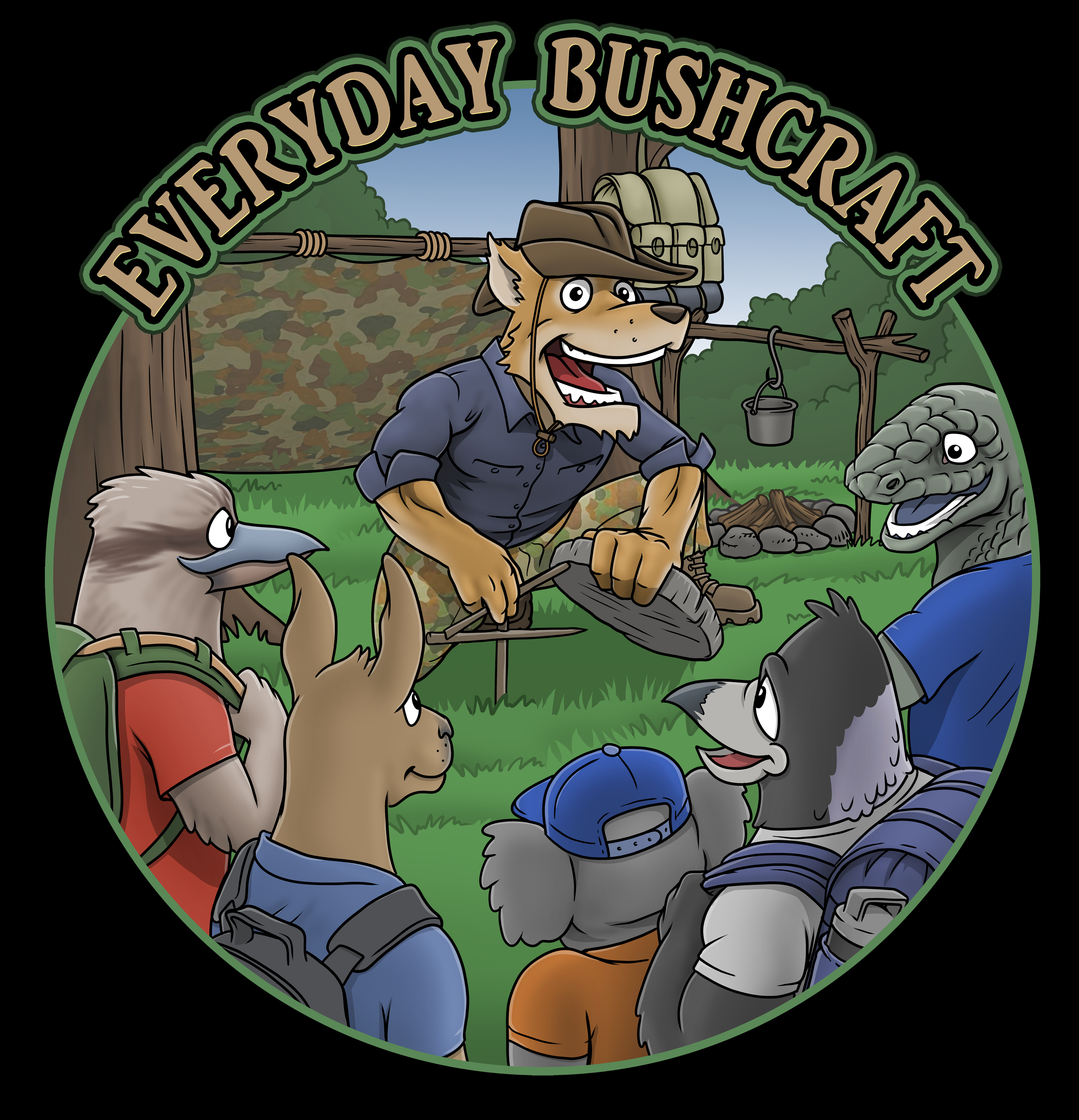
Everyday Bushcraft
- gbucknell

- Aug 19, 2024
- 3 min read
The Benefits of Learning Everyday Bushcraft Skills for Resilience and Confidence
In an age where convenience is king, and technology pervades nearly every aspect of our lives, the skills that once were essential for survival are often overlooked. However, learning everyday bushcraft skills—such as self-aid, knot-tying, shelter building, fire making, and water sourcing—can provide more than just practical knowledge.
These skills cultivate resilience, foster confidence, and offer a profound connection to the natural world, all of which can enhance our daily lives.
Resilience: Thriving in Adversity
Resilience, the ability to adapt and bounce back from adversity, is a crucial trait in today's fast-paced and unpredictable world. Learning bushcraft skills naturally builds this trait by placing individuals in situations where they must solve problems with limited resources.
For instance, in practicing self-aid, one learns to manage injuries or ailments in the absence of modern medical facilities. This requires critical thinking and calmness under pressure, qualities that directly translate to everyday challenges such as managing stress at work or navigating personal crises.
Moreover, the process of learning and mastering these skills involves repeated trial and error. Whether it’s perfecting a knot or learning to start a fire under wet conditions, the persistence required to succeed builds mental fortitude.
This resilience becomes a mental toolkit that can be called upon in any difficult situation, providing the inner strength to push through when things get tough.
Confidence: The Power of Self-Reliance
Nothing builds confidence like the ability to rely on oneself in difficult situations. Bushcraft skills are inherently empowering because they teach you to take control of your environment, even when that environment is hostile or unfamiliar.
Knowing that you can build a shelter to protect yourself from the elements or find water in the wilderness instills a deep sense of self-reliance.
This confidence extends beyond the woods and into daily life. The knowledge that you can face unexpected situations without panicking, and the assurance that you possess the skills to handle them, can dramatically reduce anxiety and stress.
Everyday challenges—whether it’s a flat tire on a deserted road or a sudden power outage—are less daunting when you know you have the practical skills to deal with them.
Problem-Solving: A New Perspective on Challenges
Bushcraft demands a creative approach to problem-solving. When you’re in the wild, there are no prefabricated solutions. You must use what is available, often in ways that are not immediately obvious.
For example, tying knots may seem simple, but the process involves understanding the physics of tension and friction and applying that knowledge in various situations, from securing gear to constructing a makeshift stretcher.
This mindset fosters innovation and flexibility, crucial traits in everyday life where solutions are not always straightforward. The problem-solving skills honed in bushcraft can be applied to professional challenges, personal relationships, and unexpected life events, leading to more effective and creative outcomes.
Connection to Nature: A Source of Calm and Clarity
In addition to practical benefits, bushcraft skills reconnect us with the natural world, offering a sense of peace and clarity that is often missing in our technology-driven lives. Building a shelter or making a fire requires an understanding of natural materials and forces, fostering a deep respect for the environment.
This connection to nature has been shown to reduce stress, lower blood pressure, and improve mental well-being. The act of practicing bushcraft, even in a recreational setting, can serve as a form of mindfulness, grounding you in the present moment and offering a reprieve from the pressures of modern life.
Community and Leadership: Building Stronger Bonds
Finally, bushcraft skills often foster a sense of community. Whether you’re learning in a group setting or teaching others, these skills encourage teamwork, communication, and leadership. Working together to build a shelter or start a fire creates bonds of trust and camaraderie that are essential in both personal and professional relationships.
The leadership skills gained through bushcraft are particularly valuable. Knowing how to guide a group in a survival situation translates into the ability to lead effectively in everyday contexts, whether in the workplace, at home, or in community settings.
Conclusion
Learning everyday bushcraft skills is far more than a nostalgic return to the ways of our ancestors; it is a powerful means of developing resilience, confidence, and problem-solving abilities that are applicable in all areas of life.
These skills not only prepare us for emergencies but also empower us to face the challenges of modern living with a calm, confident, and resilient mindset. Whether you are navigating the wilderness or the complexities of daily life, bushcraft skills provide the tools to thrive, no matter what comes your way.









Comments